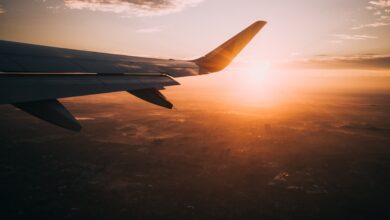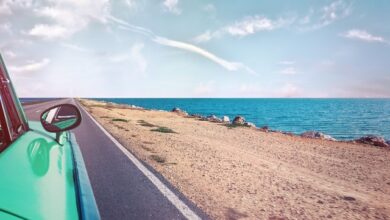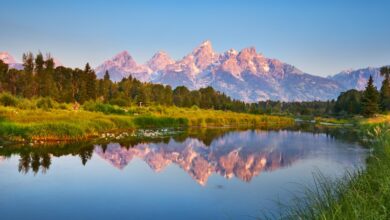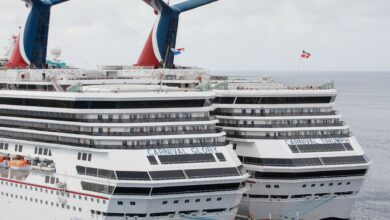What Changes in Travel Should we Expect after Coronavirus Pandemic?
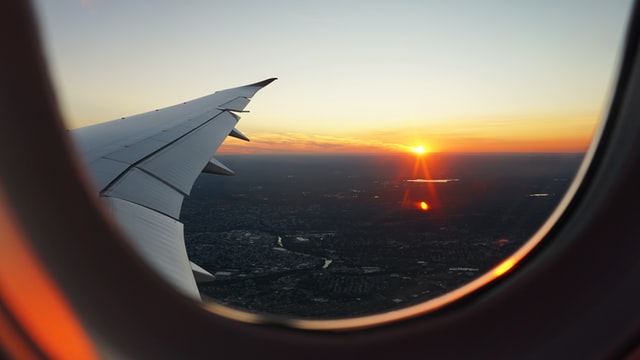
The expected gross domestic product loss to the U.S. travel industry is projected to be about $1.2 trillion in 2020 because of the COVID-19 pandemic. As more states open, Americans are anxious to begin traveling again, but most say that they will wait at least six months before traveling. In the week ending May 2, 2020, the American travel industry saw its first expansion in more than nine weeks. Significant changes will come to the travel industry worldwide to help them recover vacationers.
According to the U.S. Travel Association, at least 77% of travelers say they are changing their traveling plans for at least the next six months. Some of those changes may be caused because travelers were furloughed and had to dip into their savings. About 48% of people say they will cancel their plans altogether while another 44% say they will reduce their travel plans. About 25% say that they will change their destination to somewhere that they can drive.
Travelers Looking for Remote Locations
Those states that are recovering at the briskest rate are those states without large urban centers. This trend is likely to continue for the foreseeable future as travelers attempt to escape crowds. Some states that are starting to see a few tourists return include Mississippi, Vermont, Alaska, Arkansas, and Wyoming.
Younger Travelers
Almost 70% of travelers are already planning their next travel adventure, but they are not buying tickets yet. About 55 % of travelers say their first trip will be to visit family or friends, and that they are likely to stay with those individuals as opposed to in a hotel. Younger people are leading the way when it comes to traveling, and this is also a trend that is likely to continue in the months to come. Individuals born after 1981 are the most anxious to get traveling again.
Trust
Approximately 66 % of those who plan to travel soon say that they do not trust what brands are telling them about their steps to protect traveler safety. They also report that they are ready to change brands if they feel that actions are not being taken to protect their safety, like contactless check-in, requiring employees to wear gloves and masks, and smartphone room keys.
Safety
Americans are starting to feel safer about participating in some types of events. According to the U.S. Travel Association, those activities include participating in non-team outdoor recreation opportunities, using car transportation for a road trip, and visiting friends and families. The same report, however, reports that less than 20% of Americans currently feel safe if they were to:
- Stay in a hotel
- Visit attractions
- Dine in a restaurant
- Travel on a commercial airline
- Attend a conference or convention
- Cruise
- Attend a performance
International Flights
U.S. Treasury Secretary Steven Mnuchin urged people to consider domestic travel locations if they plan to travel before January 1, 2020. He says that the government has not set a date to restart international flights. While some flights may begin for business travelers, many higher-income Americans may choose to travel by private plane if they decide to go overseas.
Major Purchases
According to the “American Resolve: Attitudes, Values and Lives in the Pandemic” survey conducted by Harris Polls, travel tops the list of purchases that consumers plan to make once the pandemic is done. Travel tops other activities, such as buying new clothes, attending a concert, or going to a sporting event. This may be good news for the travel industry if people see Major League Baseball and other activities start occurring without any significant health problems occurring because they may feel safer about carrying out their travel plans.
Increased Airline Sanitation Measures
Airlines are taking different methods to keep their airplanes safer. Alaska Airlines says that they have implemented enhanced cleaning of all craft on the ground for more than one hour. American started requiring their attendants to wear masks on May 1. They are also using fogging techniques to sanitize their planes. Delta is using the same fogging technology to disinfect their aircraft. JetBlue says that they are rearranging seat assignments to ensure as much space as possible between passengers. Southwest is using an electrostatic solution to disinfect their planes overnight and have stopped all beverage and food service, except for water.
Cruise Lines
Cruise lines took a lot of bad press when the COVID-19 pandemic began because of people getting sick and dying on ships. Many ports banned cruise ships from docking. The CDC has banned all cruise ships from sailing until at least July. Numerous cruise lines have announced that travelers can get a refund up to 48 hours ahead of time on cruises in July and August while those planned for September may have less generous refund policies. The United States government has been working with cruise liners docking in the United States to increase safety measures, including the ability to get sick people off their ships quickly.
President Trump will continue to try to reopen industry. Travelers, however, have the last say as they will be the ones to determine if they are ready to travel again. Meanwhile, hotels, cruise lines, airline companies, and others continue to take steps to convince people that it is time to go travel after the coronavirus epidemic

